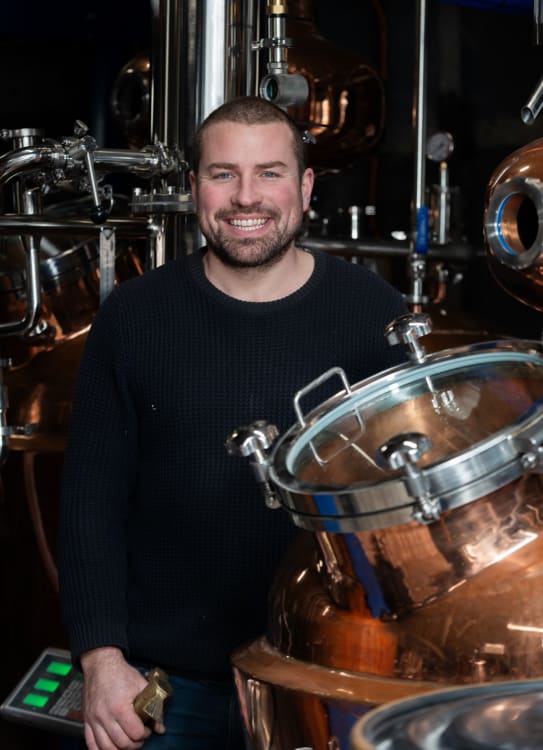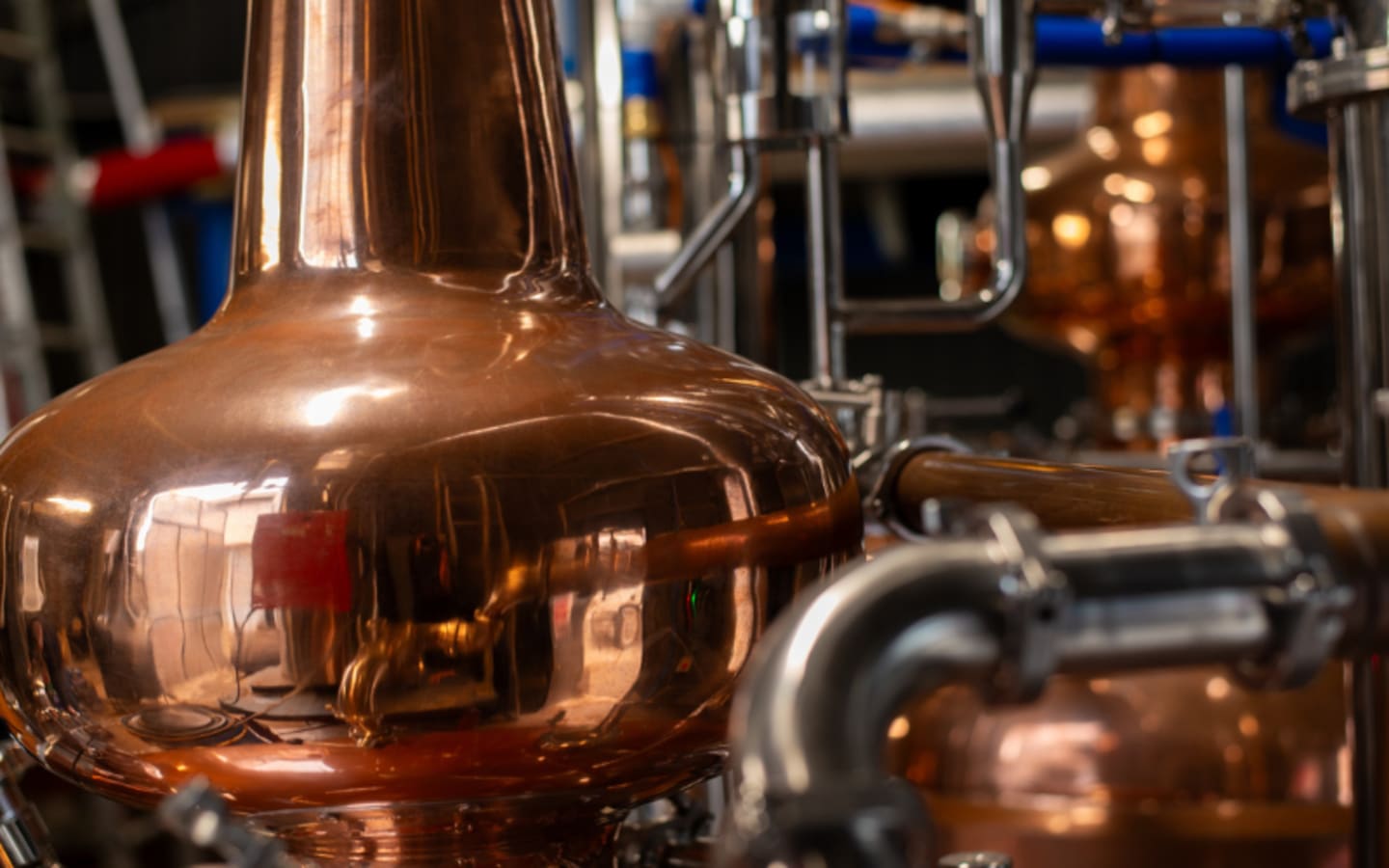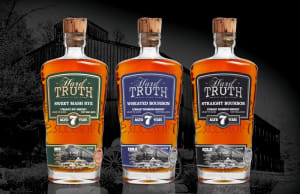Grasmere Distillery, nestled in the scenic Lake District, is making waves in the English whisky industry by calling for stricter regulations to define "single malt" whisky. Paul Abbott, the founder and head distiller of Grasmere Distillery, has thrown his support behind the Scotch Whisky Association's stance that mashing and fermentation must take place at a single site for a product to qualify as a single malt. He believes such measures are crucial to uphold the reputation of English single malt whisky and ensure its quality as the industry gains traction.
Grain-to-Glass Philosophy at Grasmere Distillery
Founded in 2021, Grasmere Distillery shares its site with its sister company, Grasmere Brewery. The distillery prides itself on being a 100% grain-to-glass operation, meticulously overseeing every step of the whisky-making process. Their approach involves careful selection of ingredients, such as the pure water sourced locally and the finest English malted barley. Central to their process is a focus on English flavors, which are developed during the mashing and fermentation stages using English ale yeast and heritage malts.

Image credit: Grasmere Distillery
Grasmere's commitment to excellence is evident in their ambitious standards. Their first release of English single malt whisky is scheduled for 2027, a timeline that underscores their dedication to proper aging and craftsmanship. Abbott's philosophy emphasizes authenticity and rejects shortcuts like using syrups, concentrates, or bulk spirits. He believes these measures are essential to establish English single malt whisky as a high-quality product on par with its Scottish counterpart.
Stricter Standards for English Single Malt
Abbott advocates for even stricter standards than those currently in place for Scotch whisky. One of his key proposals is to mandate that all stages of the production process—mashing, fermentation, and distillation—occur at a single site for a whisky to earn the "single malt" designation. Additionally, he calls for a ban on the use of caramel coloring or food dyes in English single malt whiskies, arguing that natural production methods are sufficient to achieve the desired quality and appearance.
“Single malt in England needs to aim for the highest quality,” Abbott asserts. “We should be going for stricter standards than Scotland, not lower.” He highlights the growing acclaim for English single malt whiskies, which are earning awards and attracting a new generation of consumers. For Abbott, maintaining rigorous standards is critical to ensuring that English single malt is seen as a premium, artisan-crafted product.
Advocating for Geographical Protections
Abbott’s comments come at a pivotal time for the English whisky industry. The UK government’s Department for Environment, Food, and Rural Affairs (DEFRA) is currently consulting on the possibility of granting geographical indicator protections for "English Whisky" and "English Whiskey." This consultation, which runs until May 19th, could have significant implications for how English single malt whisky is defined and marketed. Abbott is urging DEFRA to pay particular attention to the "single malt" subcategory, emphasizing the need for stringent criteria to protect its integrity.
Safeguarding the Future of English Whisky
The English whisky industry is still in its infancy compared to Scotland’s centuries-old heritage, but it is already making an impact. Distilleries like Grasmere are setting the bar high, aiming to build a reputation for quality and authenticity. By advocating for uniform standards, Grasmere Distillery hopes to ensure that English single malt whisky is recognized as a world-class product.
Abbott’s call for stricter standards reflects a broader commitment to quality within the English whisky industry. His vision aligns with the aspirations of many distillers who are working to craft exceptional spirits while preserving the artisanal traditions of whisky-making. As the industry continues to grow, maintaining rigorous standards will be essential to its success and credibility on the global stage.




